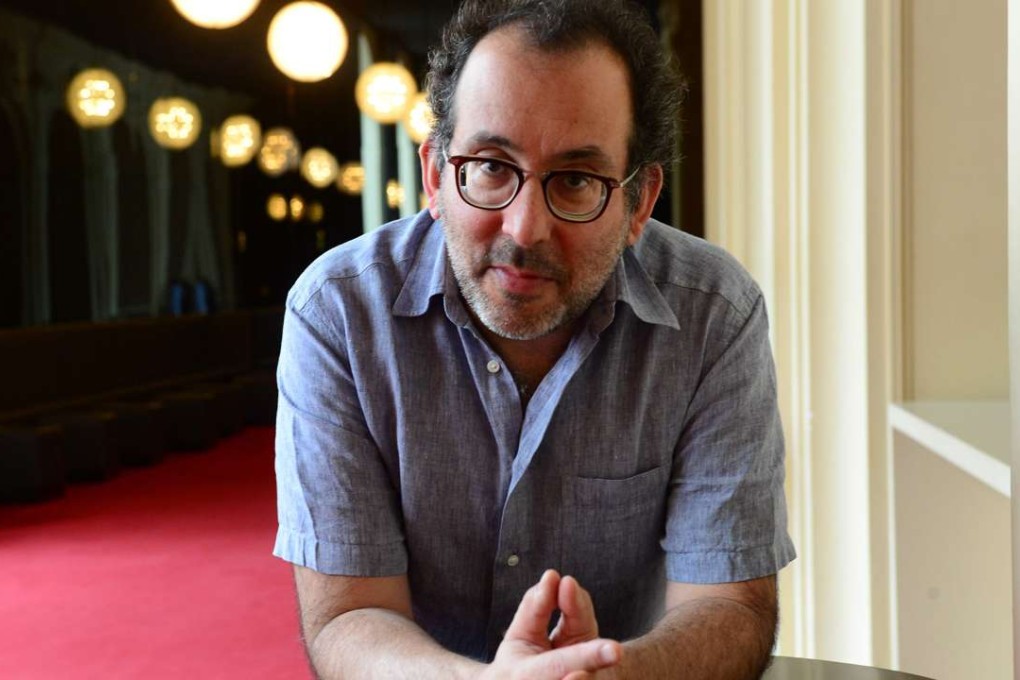Berlin opera scene turned upside down by ‘subversive’ Australian
Melbourne native has been roaring success since he started wielding baton at Komische Oper four years ago

The edgiest of Berlin’s three opera houses has been pulling in the crowds since Australian Barrie Kosky began unearthing a little-known repertoire from the turbulent 1920s and 1930s.
The openly gay Melbourne native with a Jewish background has turned the opera scene in the German capital – not to mention traditional business acumen – on its head since he took over the Komische Oper four years ago.
His signature contribution has been programming previously obscure operettas, a lot of them written by Jewish composers in the heady days of the Weimar Republic rather than a traditional diet of standard evergreens.
Operetta, a lighter, often comic form of musical theatre, is a niche within the already niche genre of opera.
But few of even the most hardcore fans will have heard of the likes of Nico Dostal’s Clivia, Paul Abraham’s Ball im Savoy (The Ball at the Savoy) or Oscar Straus’ Eine Frau, die weiss was sie will (The Woman Who Knows What She Wants) before Kosky staged them to rapturous reviews and remarkable box office success.